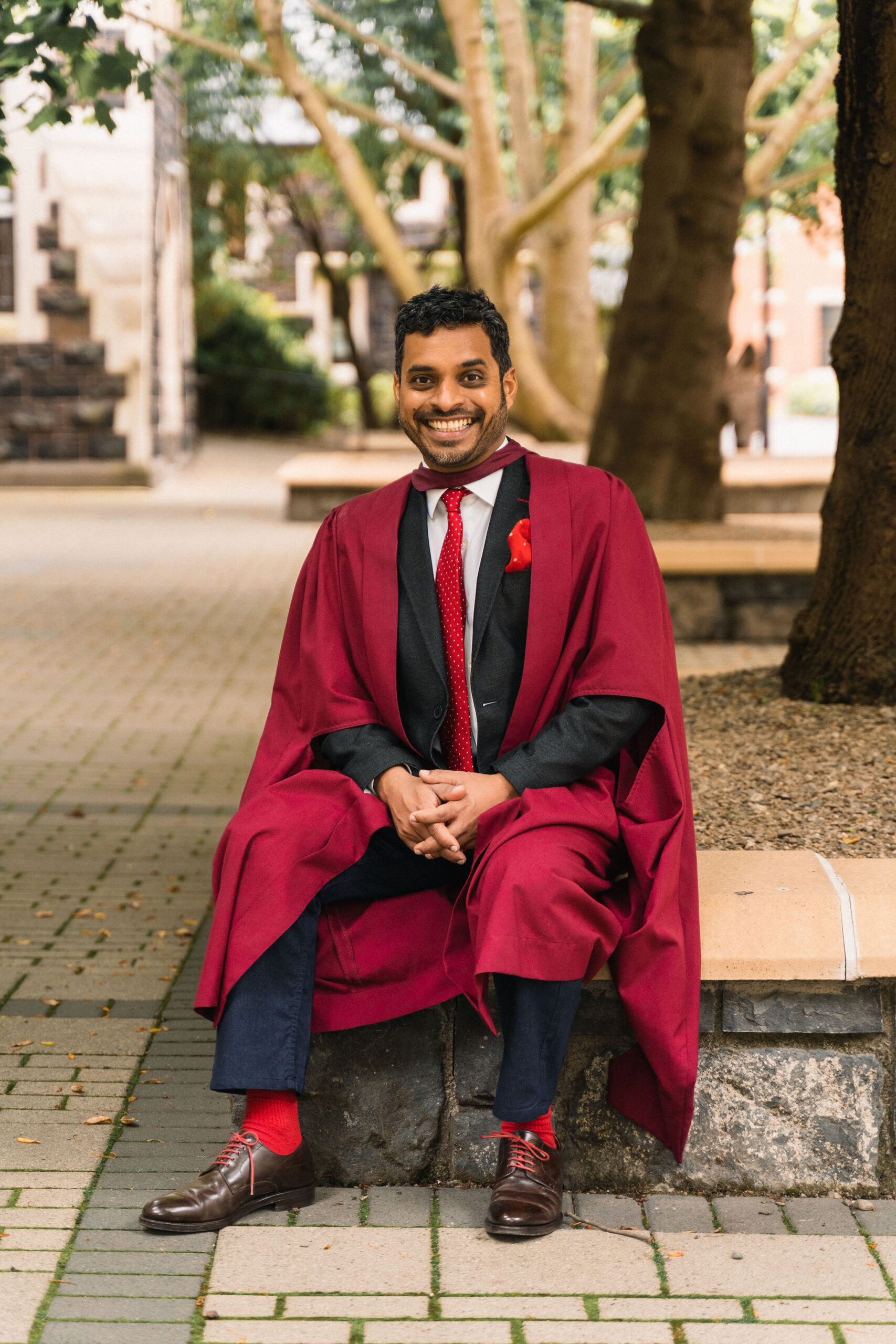ICT4Peace is proud to congratulate its oldest colleague and friend Sanjana Hattotuwa for obtaining his PhD degree from Otago University’s National Centre for Peace and Conflict Studies (NCPACS). He was supervised by NCPACS Founding Director and Emeritus Professor Kevin Clements and Prof. Ben Schonthal.
The title of his thesis is “Liking hate? Social media, politics, and conflict in Sri Lanka”.
As noted in the introduction to Hattotuwa’s thesis, his research,
“…investigates how content on Facebook and Twitter were shaped by and contributed to four of the most significant socio-political events in Sri Lanka, from 2018 to the end of 2019.
The study of Sri Lanka’s growing information disorder is contrasted with the content on Twitter published in New Zealand and globally after the Christchurch massacre in March 2019. Comparing the fallout of two catastrophic terrorist incidents a month apart, this thesis studies the degree to which political and media cultures influence content and engagement trends on Twitter.”
Hattotuwa’s work, prefiguring whistleblowers from the Global North who have flagged systemic and significant issues with Facebook is also, and importantly, from a grounded, Global South perspective, complicating the use of social media around the simultaneous spread of harms and the strengthening of democratic dissent. His research offers four consequential perspectives, based on pioneering mixed-methods research, on social media’s location in democratic systems and authoritarian endeavours through research, spanning two years and two countries.
One, the research reveals how in contexts marked by democratic decay, toxic content on social media contributes to offline violence.
Two, even when offline violence is systemic, social media offers avenues for peaceful resistance, democratic dissent and prosocial commentary.
Three, that complex, contradictory logics govern the (ab)use of social media by influential users and networks that cannot be understood, or risk misrepresentation when studied predominantly through quantitative research.
Four, social media is inextricably entwined in contemporary governance, from authoritarian entrenchment to a fuller grasp of democratic potential.”
An overview of his research can be found here.

